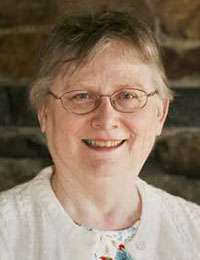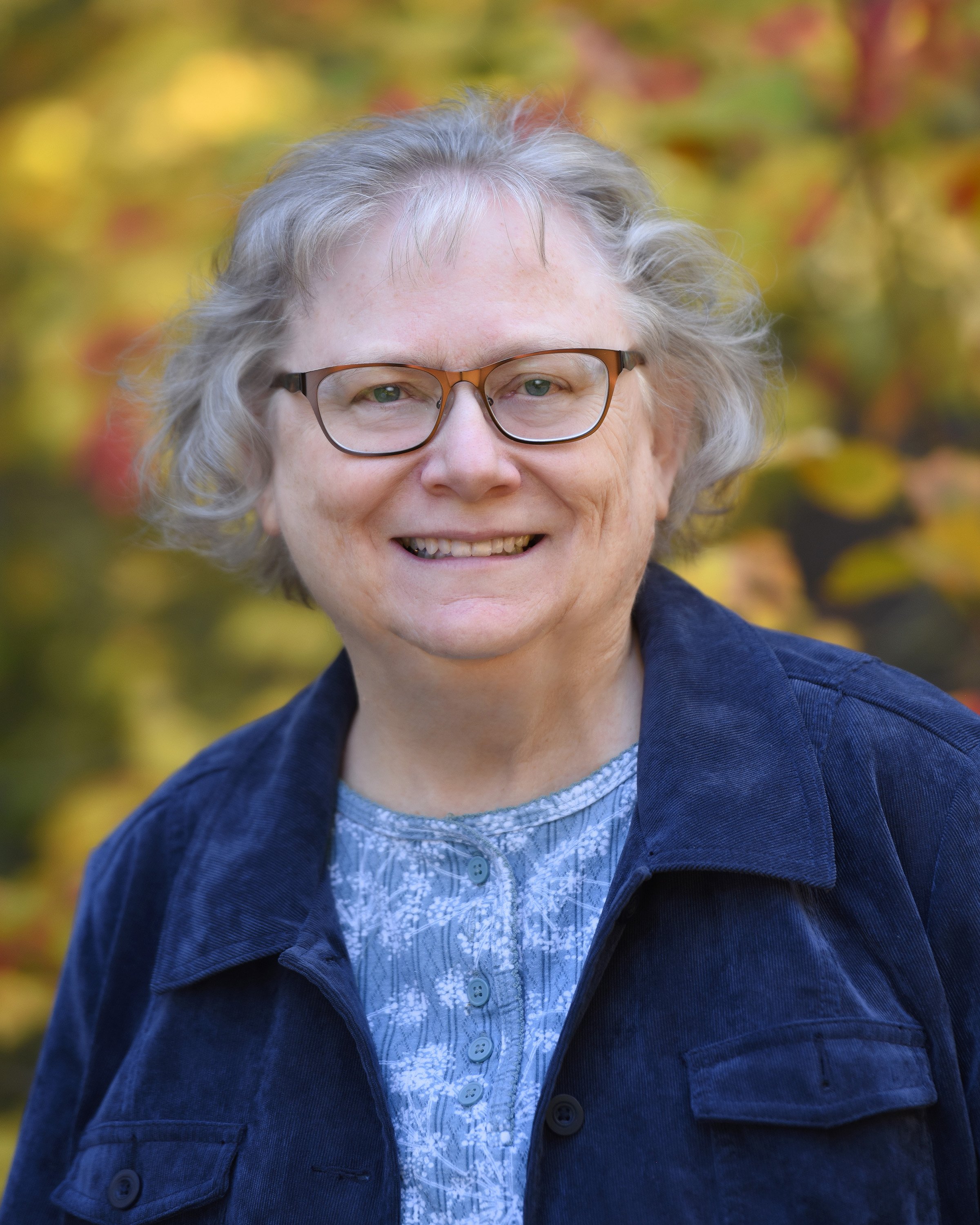 We are just about to start the fourth year of the Early New England Families Study Project. There are presently 72 sketches online, and now the first of the hard copy publications covering 50 families is available as well. New sketches scheduled to be uploaded in January include Samuel Maverick and his wife Amias (Cole) (Thompson) Maverick.
We are just about to start the fourth year of the Early New England Families Study Project. There are presently 72 sketches online, and now the first of the hard copy publications covering 50 families is available as well. New sketches scheduled to be uploaded in January include Samuel Maverick and his wife Amias (Cole) (Thompson) Maverick.
These sketches have definitely developed into far more detailed and complex endeavors than we originally conceived. It isn’t that we thought it was going to be easy, but we did have some hopes that “summarizing” a couple of centuries of collected works on these families would be simpler that it is turning out to be. So why is that?
It has already been done before and I am only looking for my ancestors: As each “big” volume on a family was published, the genealogical readership was satisfied to accept it as the “one true word” about that family. Hard core genealogists may have contested conclusions and published corrections in periodicals such as the NEHGS Register or in their own versions of a portion of the family, but without universal finding aids for new researchers, these corrections and updates might as well have been written on confetti and thrown to the wind. Each beginner, being directed to the “big” volume, will copy what is there and feel erroneously secure that what is in the book is “done.” Their focus will be more on “how do I connect to this big genealogy,” not on “how do I improve it.”
At the Fireside Chat a few weeks ago, Bob Anderson explained that he conceived the Great Migration Study Project because he realized genealogists were still relying on much information that had last been evaluated more than 150 years earlier. In his previous professions in military intelligence and microbiology, Bob was accustomed to reference material that was up to date. It takes time to catch up 150 years.
An invasion of overachievers: The settlement of the New World, particularly New England, was no accident. This was not just a motley crew of expatriates who happened to do well by accident, it was a thoroughly planned (Mayflower Pilgrims aside) invasion of overachievers let loose on a blank wilderness. These people, as Bob notes, left comfortable middle class homes in England to literally camp out in the backwoods, and then, more often than not, move on to camp out again in another new settlement, all for an ideal of a better life for themselves and their descendants in one way or another. To thrive, let alone survive, in this new world, every man, woman, and child had to be an overachiever. Summarizing the lives of overachievers takes longer.
Dawn of a new age of research?: The Internet provides both disappointment and promise for genealogical research. Clearly, just providing a way to disseminate large quantities of information without consideration of quality is not the answer, but we will undoubtedly find ways of addressing some of those problems. Already, in the three years since the Early New England Families Study Project began, the expansion of access to original records, books, and manuscripts has been phenomenal. Of course, the other side of the coin is that more reference material means longer “summaries.” Oh, well.
I wonder what lies between 2016 and our tenth anniversary?
Share this:

About Alicia Crane Williams
Alicia Crane Williams, FASG, Lead Genealogist of Early Families of New England Study Project, has compiled and edited numerous important genealogical publications including The Mayflower Descendant and the Alden Family “Silver Book” Five Generations project of the Mayflower Society. Most recently, she is the author of the 2017 edition of The Babson Genealogy, 1606-2017, Descendants of Thomas and Isabel Babson who first arrived in Salem, Massachusetts, in 1637. Alicia has served as Historian of the Massachusetts Society of Mayflower Descendants, Assistant Historian General at the General Society of Mayflower Descendants, and as Genealogist of the Alden Kindred of America. She earned a bachelor’s degree from the University of Connecticut and a master’s degree in History from Northeastern University.View all posts by Alicia Crane Williams →